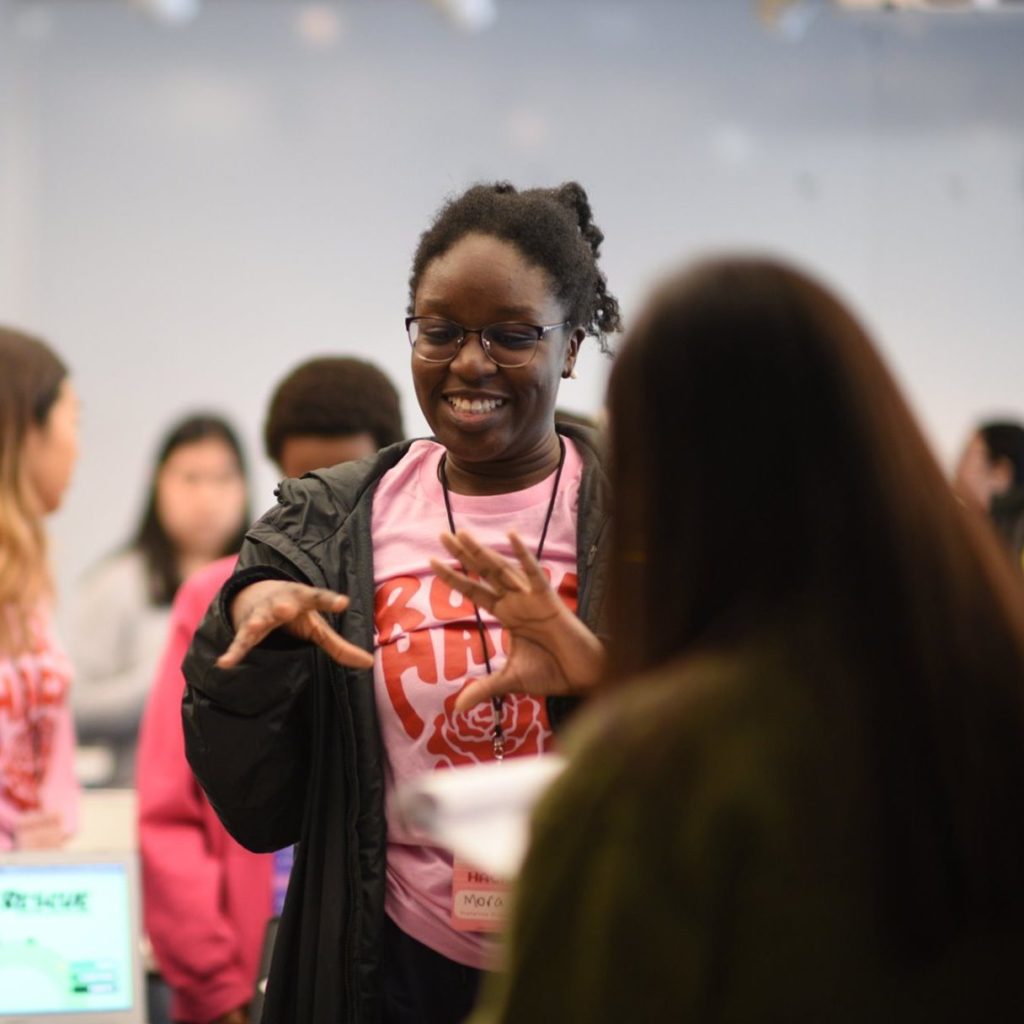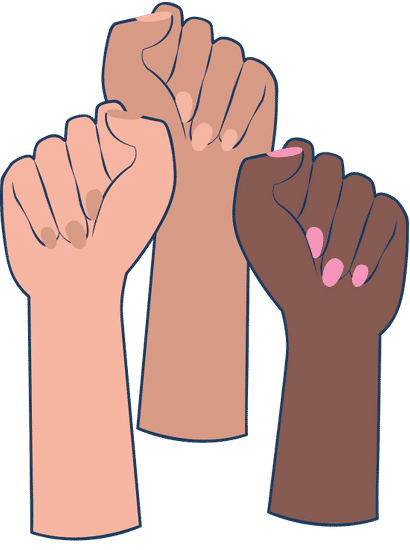The MoraL Code
I'm dedicated to bringing empathy and passion to the Undergraduate Computer Science Major experience. Read on to learn about my philosophy.
Resources for Students: The Beginner’s Guide to APIs | The Developer Environment | The Developer Workflow | The Software Development Cycle | Thinking Critically as a SWE | Making the Most of an Internship


The MoraL Code
Hi there, I'm Mora Labisi and I put the "Mora L" in The MoraL Code! I was born in the late 90's, a time when technology and computers really began to change the world. As a child, my dad used my room as a storage space for his many PCs that he liked to tinker with when he had the time. As a result, I looked to the computer for entertainment, which in turn led to me creating webpages about dogs and making simple computer games. Despite my early exposure to the field, I never actually considered CS as a career. It was always simply a fun hobby for me—tweaking Tumblr themes in HTML/CSS and keeping up with advancements in tech. In fact, the idea of CS as a career didn't really hit me until I was applying for college back in 2015. I was interested in pharmacy at the time and applied strictly to pre-pharmacy programs. I was lucky enough to find a job at a pharmacy...and I hated it. I was devastated and thought that there was nothing I was passionate in. Thankfully, I finally considered my love for computers and dove headfirst into the ever-evolving field of CS. I self-studied Java, applied to Cal Poly Pomona's CS program, and never looked back!

The MoraL Code
As Computer Science majors, the basic concepts of object-oriented programming and data structures are learned in the classroom, but what about the skills that are needed in a typical technical interview? Grinding LeetCode and HackerRank problems may help you memorize specific pieces of code, but how do you gain and solidify your technical skills and convey them through your communication skills? Rather than focus purely on grinding coding puzzles, I stress the importance of gaining the ability to recognize when to use one of the algorithms and data structures learned in the classroom, as well as mastering the skill of demonstrating technical abilities in the limited timeframe of a 45-minute interview.

The MoraL Code
Typically referring to how we treat each other, a moral code sets the ground rules for how to live life in a morally sound way. My ultimate goal is to bring empathy and passion to Computer Science—especially when it comes to supporting female Computer Science majors. Sure, there are plenty of initiatives dedicated to introducing girls to Computer Science while they're in elementary, middle, and high school, but what about support for females beyond the K-12 system? We shouldn't leave these girls to their own devices as they are tasked with the challenge of navigating life as a Computer Science major. I am dedicated to providing consistent support and guidance for female CS majors in the form of service, outreach, workshops, and volunteering.